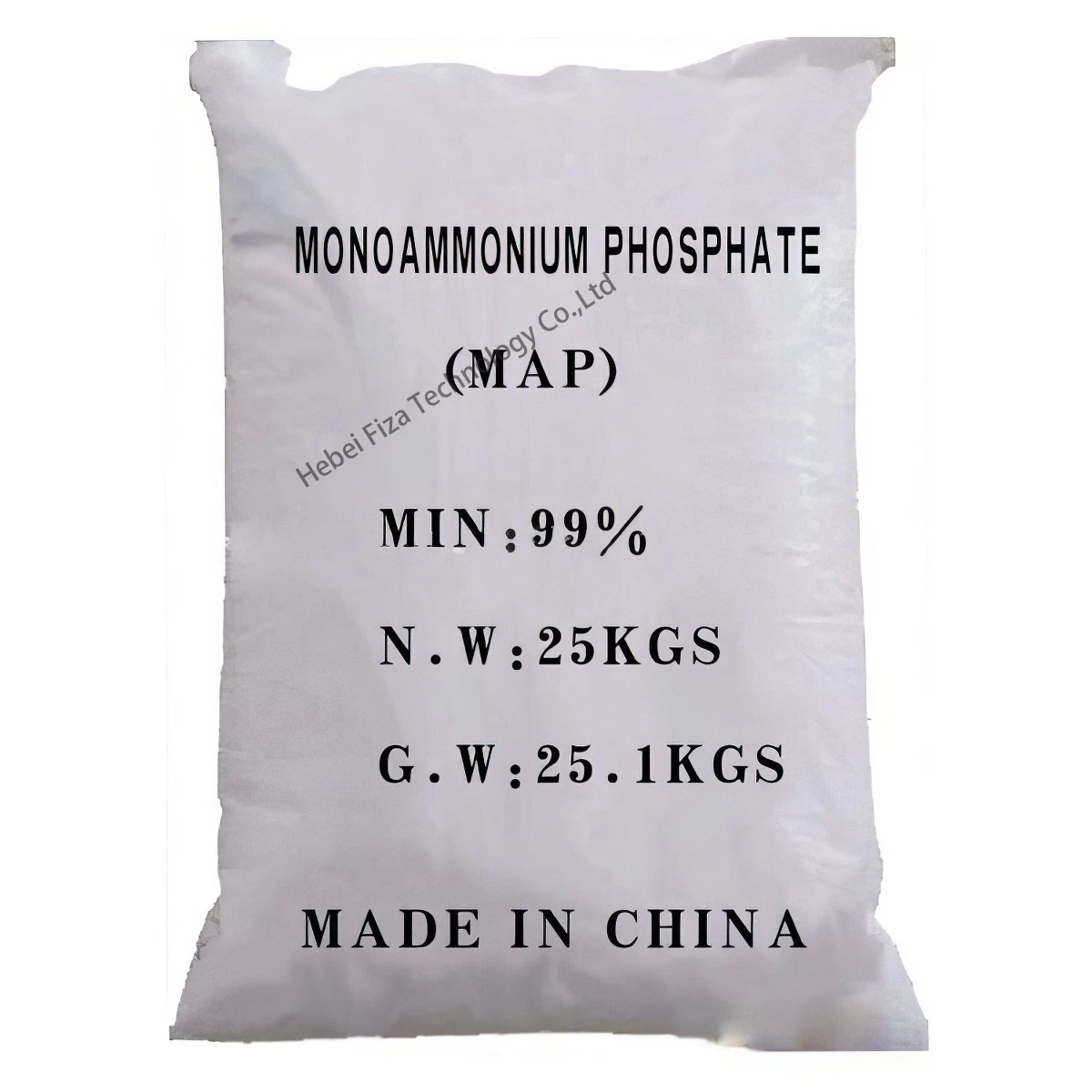



Preparation and Properties of 1N Sodium Hydroxide Solution for Laboratory Use
The Importance and Applications of 1N NaOH in Various Fields
Sodium hydroxide (NaOH), commonly known as lye or caustic soda, is a highly versatile chemical compound with numerous applications across various industries. When prepared as a 1N solution, NaOH becomes an essential tool for chemists, researchers, and professionals in fields ranging from manufacturing to environmental science. This article examines the significance of 1N NaOH, its preparation, and its wide-ranging applications.
Understanding Normality and Preparation of 1N NaOH
Normality (N) is a measure of concentration equivalent to molarity (M) but adjusted based on the number of reactive units in an acid or a base. In the case of NaOH, which is a strong base, 1N means that there is one equivalent of hydroxide ions (OH⁻) per liter of solution. To prepare a 1N NaOH solution, one must dissolve 40 grams of solid NaOH in enough water to make a final volume of one liter. This precise preparation is crucial for ensuring the accuracy and reliability of experiments and industrial processes.
Applications of 1N NaOH
.
2. Manufacturing and Production In the manufacturing sector, 1N NaOH plays a vital role in various chemical processes. It is used in the production of soap, detergents, and various chemicals. It helps in saponification, where fats and oils react with NaOH to produce soap and glycerol. The versatility of NaOH makes it indispensable in formulating products across the cosmetic and cleaning industries.
1n naoh

3. Food Industry The food industry utilizes 1N NaOH for processes such as food preservation and peeling. For example, it is used in the processing of olives and in the preparation of certain types of food products. It aids in the removal of skins from fruits and vegetables, ensuring that the end products are more palatable and aesthetically pleasing.
4. Water Treatment 1N NaOH is an essential component in water treatment facilities. It helps in adjusting the pH levels of water, ensuring that it is safe for consumption. Additionally, it plays a role in the removal of heavy metals and other contaminants, thus improving overall water quality.
5. Laboratory Research Researchers frequently employ 1N NaOH in various experiments. Its ability to act as a strong base allows for the exploration of reaction mechanisms, the synthesis of compounds, and the study of acid-base equilibria. The cationic and anionic interactions facilitated by NaOH are fundamental in organic and inorganic chemistry studies.
Safety Considerations
While 1N NaOH is a strong base, it must be handled with care. It is corrosive and can cause severe burns if it comes into contact with skin or eyes. Proper personal protective equipment, including gloves and goggles, should always be worn when working with NaOH solutions. Furthermore, any spills should be neutralized and cleaned promptly to avoid hazardous situations.
Conclusion
The significance of 1N NaOH cannot be overstated. Its role as a fundamental reagent in analytical chemistry, manufacturing processes, food preparation, water treatment, and scientific research highlights its versatility and importance in both industrial and laboratory settings. Understanding how to prepare and use 1N NaOH safely is essential for anyone working in related fields, ensuring that its powerful properties can be utilized effectively and responsibly.
-
Why Sodium Persulfate Is Everywhere NowNewsJul.07,2025
-
Why Polyacrylamide Is in High DemandNewsJul.07,2025
-
Understanding Paint Chemicals and Their ApplicationsNewsJul.07,2025
-
Smart Use Of Mining ChemicalsNewsJul.07,2025
-
Practical Uses of Potassium MonopersulfateNewsJul.07,2025
-
Agrochemicals In Real FarmingNewsJul.07,2025
-
Sodium Chlorite Hot UsesNewsJul.01,2025










